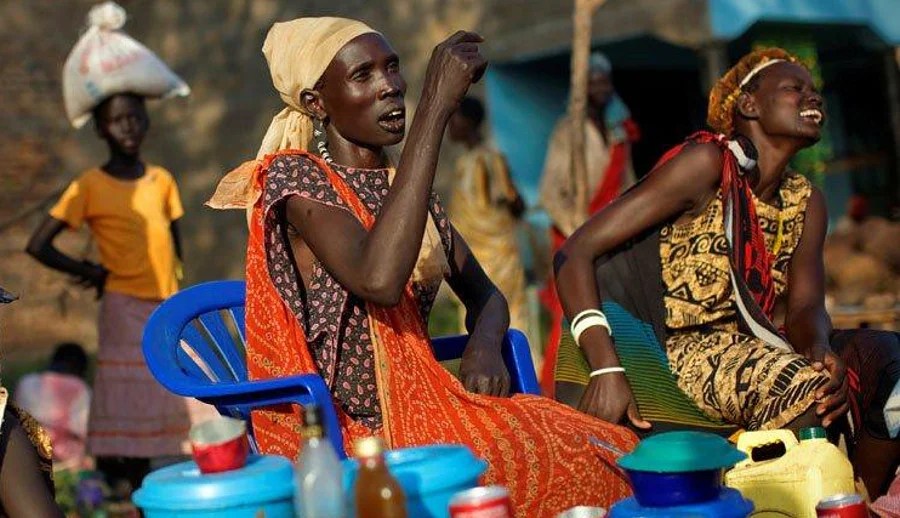Women’s rights in South Sudan ‘must be a priority’

Women’s rights is one of the ten priority human rights concerns in South Sudan, say human rights organisations in a briefing published on Thursday.
The document, by the South Sudan Human Rights Defenders Network, Amnesty International and Human Rights Watch, came after South Sudan’s human rights record was examined by the UN Human Rights Council and showed that the country has failed to adopt a human rights agenda.
Women and girls in South Sudan face high levels of poverty, low levels of literacy and pronounced gender gaps in education and political representation. The country also has the highest maternal mortality rate in the world, with more than 2,054 deaths per 100,000 live births, the briefing disclosed.
Although exacerbated by years of conflict, these forms of abuse are also based on long-standing patriarchal systems, making them even harder to eliminate. In the briefing, the human rights organisations provide recommendations for South Sudanese authorities to implement.
Marriage law
According to the briefing, authorities must carry out reforms to end child and forced marriage. The United Nations Population Fund (UNFPA) published in 2020 that almost half of girls in South Sudan are married by age 18, putting them at greater risk of violence from their intimate partners.
The reforms should set clear penalties and punishment for acts of violence against women carried out as intimidation or retribution for refusal to marry – including bride kidnapping, girl-child compensation, and marriage as dispute settlement or debt payment.
Authorities should also provide adequate legal, medical, and psychosocial services to survivors of these attacks, the document states.
Gender-based violence
During the civil war, which began in 2013 and lasted five years, women and girls were subjected to high levels of sexual violence. In a 2017 report, Amnesty International disclosed that thousands of South Sudanese have been subjected to rape, gang rape, sexual slavery, sexual mutilation, torture, castration, or forced nudity.
The organisations are calling on authorities to ensure there is accountability for gross human rights violations, and that women and girls are actively involved in reparations that address women’s rights issues.
They must also provide adequate medical and mental health support to the survivors.
Reproductive healthcare
South Sudanese authorities must also improve access to sexual and reproductive health services and information for all girls and women, including access to family planning and emergency obstetric care. Many women died during the armed conflict because the fighting prevented them from accessing such services.
South Sudanese authorities should urgently advance and implement a comprehensive agenda to improve the human rights in the country and address impunity, end repression and ensure rights protection, the human rights organisations say.
Besides advancing women’s rights, they are calling South Sudan’s authorities to also address the right to health, unlawful killings and the use of the death penalty, obstruction of humanitarian aid and violations of the right to food, water and education.
Featured image: Women in a market in Lakes state. Photo: UNDP South Sudan/ Brian Sokol / CC BY-NC-ND 2.0

2 thoughts on “Women’s rights in South Sudan ‘must be a priority’”